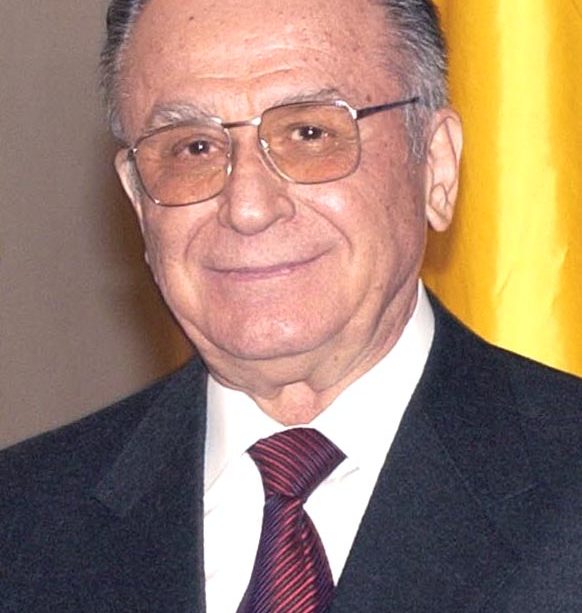Understanding Ion Iliescu’s Political Legacy in Romania

Introduction
Ion Iliescu has been a pivotal figure in Romanian politics, especially after the fall of communism in 1989. His influence has shaped the political landscape of Romania for decades, making him a crucial subject of study for understanding the country’s recent history.
The Rise to Power
Born on March 3, 1930, in Bukovina, Iliescu joined the Romanian Communist Party in 1944. His political career gained significant momentum when he became a prominent member of the National Salvation Front (NSF) after the revolution of December 1989, which led to the overthrow of Nicolae Ceaușescu. Iliescu served as the first post-communist President of Romania from 1990 to 1996 and later from 2000 to 2004. His leadership was marked by efforts to stabilize the country and guide it towards democratic reforms.
Controversies and Criticism
Despite his popularity in the early years, Iliescu faced criticism for his handling of dissent and political competition. The violent events of June 1990, often referred to as the Mineriad, where miners were mobilized to suppress protests in the capital, remain a contentious part of his legacy. Critics argue that his administration undermined the democratic processes by failing to curb the excesses of the security forces.
Impact on Romanian Politics
Iliescu’s tenure fundamentally altered Romanian politics. He was instrumental in transitioning Romania’s economy from a centralized model to a market-oriented one and facilitated the country’s integration into European structures. His efforts paved the way for Romania’s entry into NATO in 2004 and the European Union in 2007, marking significant milestones in Romania’s development.
Conclusion
Ion Iliescu remains a polarizing figure in Romanian history. His contributions to the establishment of a democratic framework and the country’s alignment with Western Europe are significant, yet controversies regarding his methods and policies continue to fuel debate among historians and political analysts. Moving forward, understanding Iliescu’s legacy is crucial for anyone looking to grasp the complexities of Romania’s post-communist evolution. As Romania navigates its future, the impact of Iliescu’s policies and decisions will undoubtedly continue to resonate throughout the political discourse.









